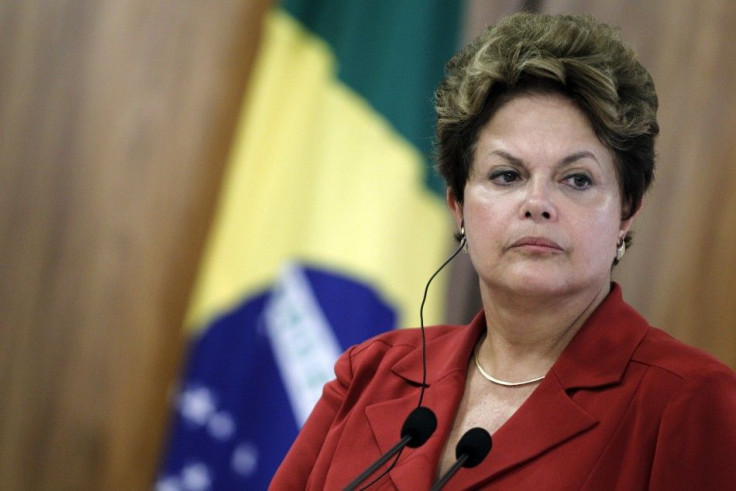Trade, Energy To Dominate U.S.-Brazil Talks

President Obama will host Brazilian president Dilma Rousseff on Monday in an effort to strengthen ties between two of the world's largest economies.
Brazil's steadily growing economy is now the sixth-largest in the world, and the White House said in a statement that Monday's talks would focus on the growing partnership between the United States and Brazil, building on a 2011 agreement to work on fostering trade. U.S. exports to Brazil tripled between 2002 and 2010, soaring from $12.4 billion to $35.4 billion.
There has been some economic friction between the United States and the increasingly assertive South American country, the biggest in the region. Brazil finance minister Guido Mantega has blamed a currency imbalance, with the Brazilian real overvalued by about 35 percent compared to the dollar, on a currency war fomented in part by the U.S. Brazil has also pushed back on the Obama administration's promotion of a free trade pact, with Rousseff advocating a path of curtailing imports and boosting exports.
Obama and Rousseff will likely discuss Brazil and the U.S.'s joint work on energy. The two countries are the largest ethanol producers in the world, accounting for more than 80 percent of total ouput -- although Brazil produces its ethanol largely from sugar cane, rather than corn -- and they agreed last year to initiate a Strategic Energy Dialogue focused on promoting biofuel research and energy efficiency.
Education is also likely to be on the agenda as Brazil looks for ways to train its large population of unskilled workers.
Brazil has been seeking a permanent seat on the United Nations' Security Council -- a distinction currently held by the United States, France, the United Kingdom, Russia and China -- but has not received the United States' explicit backing. Brazil abstained from the 2011 resolution authorizing NATO intervention in Libya, citing fears about violating national sovereignty, but it has been more vocal than Russia or China in criticizing Syrian president Bashar al-Assad.
© Copyright IBTimes 2024. All rights reserved.











